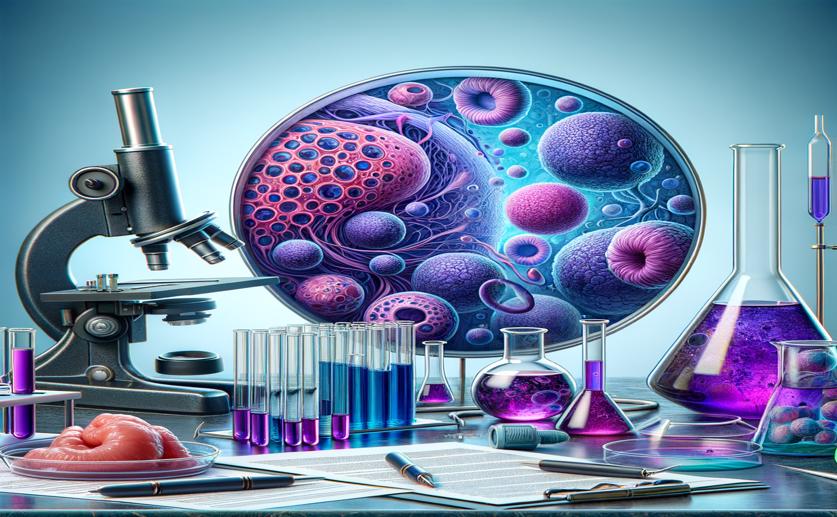
Testing Açai Extract for Safety and Effects on Stomach Cancer Cells in the Lab
Jenn Hoskins
9th June, 2024

Image Source: Natural Science News, 2024
Key Findings
- The study by Universidade Federal do Pará (UFPA) evaluated the effects of clarified açaí juice extract on human metastatic gastric cancer cells (AGP01)
- Açaí extract significantly reduced the viability of AGP01 cancer cells within 72 hours, without affecting normal VERO cells
- The extract did not cause DNA damage or common forms of cell death (apoptosis or necrosis) in either cell line
- Açaí extract reduced the motility of both cancerous and normal cells, potentially inhibiting cancer metastasis
References
Main Study
1) In vitro assessment of the genotoxic and cytotoxic effects of clarified açai (Euterpe oleracea MART) extract in a gastric cancer cell line (AGP01 cells).
Published 6th June, 2024
https://doi.org/10.1016/j.tiv.2024.105873
Related Studies
2) Anticancer potential, molecular mechanisms and toxicity of Euterpe oleracea extract (açaí): A systematic review.
3) Clarified Açaí (Euterpe oleracea) Juice as an Anticonvulsant Agent: In Vitro Mechanistic Study of GABAergic Targets.



 6th June, 2024 | Jenn Hoskins
6th June, 2024 | Jenn Hoskins